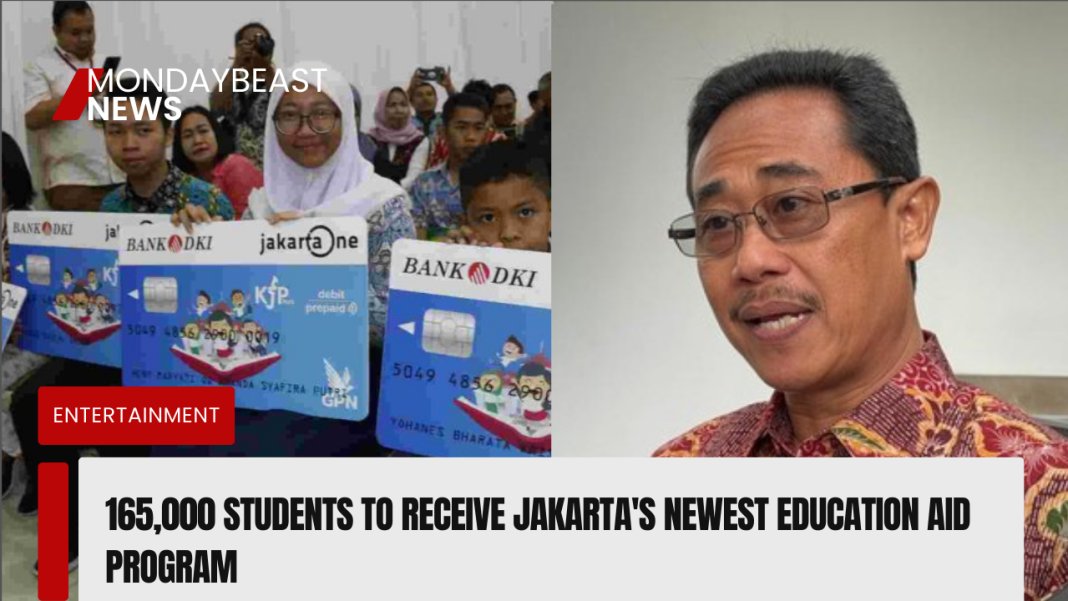In a bold move, Jakarta is stepping up its commitment to education. The Dinas Pendidikan (Disdik) DKI Jakarta has announced that 165,000 new students will receive the Kartu Jakarta Pintar (KJP) Plus benefit starting this week. This significant initiative aims to alleviate the financial burdens many families face. But what does this mean for the students and their futures?

The total budget for KJP Plus is a staggering Rp 1.2 trillion, aimed at assisting over half a million students. With 523,622 students receiving aid, the KJP program seeks to elevate educational standards across the capital. Many families struggle to afford school supplies or tuition. This assistance can make a world of difference. Imagine a child finally able to attend school without monetary worries hanging over their head.
The distribution process may seem tedious, though. Disdik’s Plt Kepala Sarjoko highlighted that the administrative work is crucial. Setting up bank accounts and preparing ATM cards can delay the benefits. Until everything is in place, these students await their much-needed support. It raises a question: how long should families have to wait for critical financial assistance?

Meanwhile, the implications of the delayed assistance have been discussed widely. Sarjoko apologized for the late disbursement, attributing it to data alignment issues. Data accuracy is essential, especially when resources are so finite. The last thing anyone wants is for help to miss those who need it most. Yet, could there have been a more efficient way to handle this?
Moreover, the announcement comes amid rising concerns about the influence of local elections on aid distribution. With the 2024 Pilkada approaching, Disdik opted to delay assistance to avoid politicization. This decision reflects integrity, yet it also leaves families in limbo. Should education and politics ever intermingle, or is it wiser to keep them apart?

The number of students set to benefit includes 242,919 in elementary school, 147,341 in middle school, and 83,403 in vocational schools. The breakdown shows varied needs at all educational levels. Education funding continues to spark debates across Jakarta. Can these initiatives truly change the lives of Jakarta’s youth?
The Kartu Jakarta Mahasiswa Unggul (KJMU) program also plays a role here. 15,648 students will receive support, showing commitment not just to K-12 education but also higher education. Every little bit helps in creating access to learning. For students eager to learn but lacking resources, this support could be vital. Again, one must wonder just how transformative these programs can be.
What if every child in Jakarta received this support? What future advancements could emerge from an educated population? The city’s push for educational equity is laudable yet complex. Getting it right means continuous effort and vigilance from leaders. But everyone also needs to keep a watchful eye on how these funds are used.
In essence, the KJP Plus initiative isn’t just a financial handout. It is a promise of a brighter future for countless students. Education has been proven time and again to be the great equalizer. Opportunities afforded today will shape the leaders and innovators of tomorrow. Jakarta needs to prioritize educational assistance like KJP Plus to build a better tomorrow.




